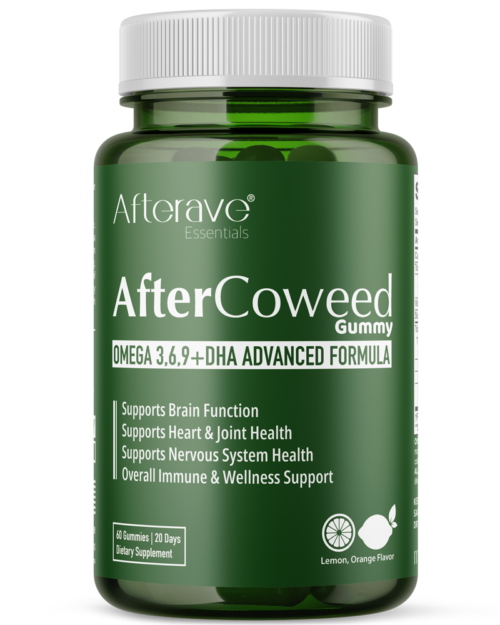Gluten Free
What is Gluten-Free certified?
Roughly 1% of the American population, or about 1 in 133 people, has celiac disease, but that isn’t the only gluten-related problem that you need to worry about. Gluten-free certification is designed to protect consumers with celiac disease and other gluten-related disorders by confirming that a portion of food, drink, or supplement meets strict standards for gluten-free safety. It assures consumers that third-party oversight ensures the legitimacy of the manufacturer’s gluten-free processes and claims.
If you have celiac disease or non-celiac gluten sensitivity, your primary concern is the safety of the food products you consume. The biggest question is whether a food product that carries the Certified Gluten-Free label is 100% safe. Generally speaking, the answer to that question is yes. As you know by now, food manufacturers go through a great deal of trouble obtaining a certification, and due to annual testing requirements, they are likely to maintain that level of quality.
Essentially, this certification means a lot, and companies that have gone through the extreme measures of getting it (costly and labor-intensive) – are very motivated to uphold it.
Gluten in Vitamins and Supplements
Although rare, products such as prescription or over-the-counter medications, vitamins, and supplements can contain traces of gluten. You can eliminate all risks by effectively evaluating the ingredients in these products.
Oral medications in tablets and capsules are a potential source of gluten contamination. Medications are composed of many ingredients, both inside and outside the product. These ingredients, also known as excipients, include the active component, absorbents (which absorb water to allow the tablet to swell and disintegrate), protectants, binders, coloring agents, lubricators, and bulking agents (which would enable some products to dissolve slowly as they travel through the intestinal tract).
Excipients can be synthetic or from natural sources derived from plants or animals. Excipients are considered inactive and safe for human use by the FDA but can be a potential source of unwanted reactions.
Vitamin and mineral therapy can be used in addition to the standard gluten-free diet to hasten a patient’s recovery from nutritional deficiency. However, certain ingredients in vitamins and supplements – typically the inactive ingredients – can contain gluten, so extra care must be taken to avoid gluten exposure.
There are various nutritional deficiencies associated with celiac disease, primarily caused by the inability of the damaged small intestine to absorb enough of the nutrients our bodies need correctly. People recently diagnosed with celiac disease are commonly deficient in fiber, iron, calcium, magnesium, zinc, folate, niacin, riboflavin, vitamin B12, vitamin D, and calories and protein.
Deficiencies in copper and vitamin B6 are also possible but less common. A study from 2002 by Bona et al. indicated that the delay in puberty in children with celiac disease might partially be due to low amounts of B vitamins, iron, and folate.
Patients with celiac disease frequently report non-specific dermatological issues, including dry skin, easy bruising, brittle nails, and thinning hair. Zinc deficiency is mainly associated with these skin lesions. Iron, zinc, and fat-soluble vitamins are most often deficient in newly diagnosed celiac disease patients.
All of our Afterave Essentials Gummy products are certified gluten-free and easily tolerated by anyone with celiac disease and gluten intolerance or sensitivity.
References:
https://celiac.org/gluten-free-living/gluten-in-medicine-vitamins-and-supplements/





